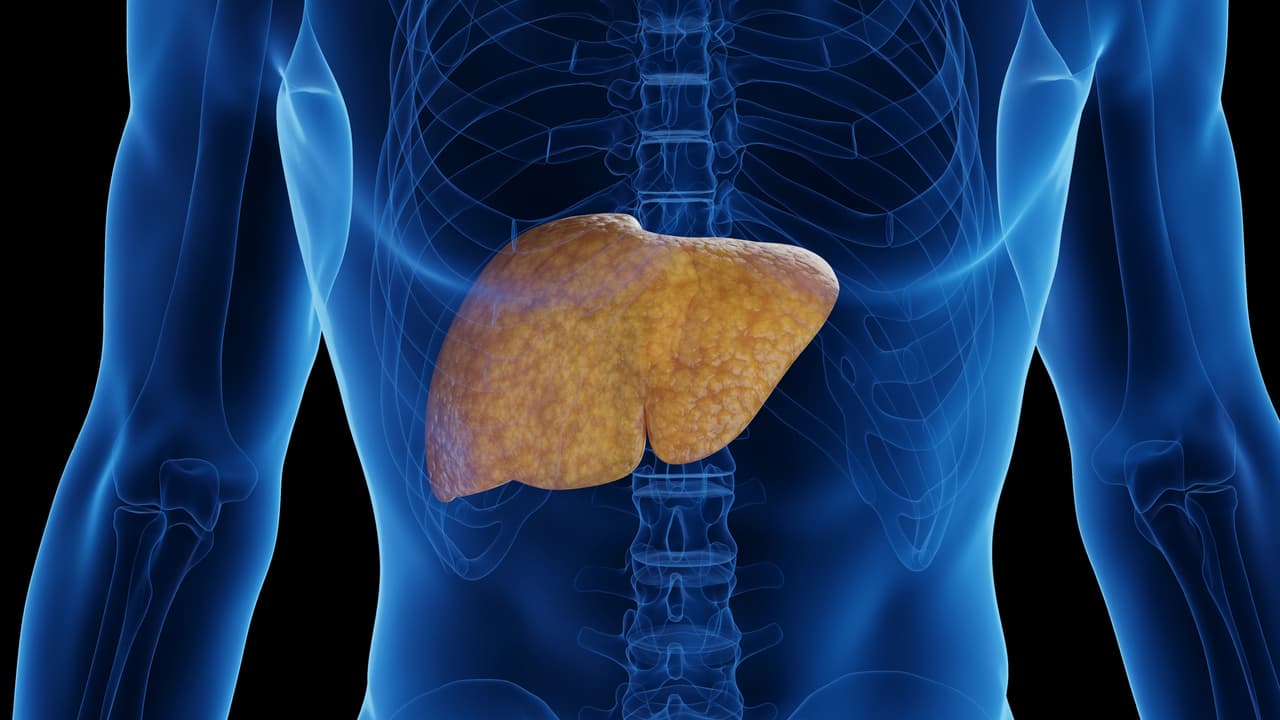Salk Institute researchers found that bile acids can weaken immune cells in liver cancer. A common liver supplement, UDCA, reversed this effect in mice — shrinking tumors and improving immune response, offering new hope for immunotherapy.
Researchers at the Salk Institute may have found a simple way to make liver cancer treatments more effective — using a supplement already found in medicine cabinets.
A Fresh Look at Why Liver Cancer Resists Immunotherapy
Immunotherapy — a breakthrough treatment that trains the body’s immune system to fight cancer — has transformed outcomes for patients with lung, kidney, and bladder cancers. Yet, it hasn’t worked as well for liver cancer.
That gap has puzzled scientists for years, especially as liver cancer cases have nearly tripled in the past four decades. Now, researchers at the Salk Institute think they’ve uncovered why — and how to fix it.
Their new study reveals that bile acids, the molecules produced by the liver to digest fats, can actually weaken the body’s immune defenses, making it harder for immunotherapy to succeed.
Bile Acids: The Liver’s Hidden Influence on Immunity
Using both mouse models and human liver tumor samples, the Salk team found that certain bile acids suppress the activity of T cells — immune cells critical for killing cancer. When these bile acids build up, T cells struggle to function, allowing tumors to grow unchecked.
But the team also discovered a silver lining: one particular bile acid, called ursodeoxycholic acid (UDCA), had the opposite effect. Instead of suppressing T cells, it boosted their activity and helped control tumor growth in mice. When researchers increased UDCA levels through dietary supplements, liver tumors shrank, and immune cells became more active.
“By investigating the unique environment of the liver, we identified several ways to regulate bile acids, improve T cell performance, and enhance patient outcomes,” said Professor Susan Kaech, senior author of the study and director of Salk’s NOMIS Center for Immunobiology and Microbial Pathogenesis.
Why This Discovery Matters
The findings, published in the journal Science, are especially exciting because UDCA is already used safely to treat certain liver diseases. That means clinical trials testing UDCA’s effect on liver cancer could begin much sooner than if researchers were starting from scratch.
“We’re already a huge step ahead when it comes to translating our findings to the clinic,” Kaech said. “UDCA supplementation could easily be tested in liver cancer patients next.”
Pinpointing the Culprits Behind Tumor Growth
To map out exactly how bile acids affect immunity, the team analyzed human liver cancer biopsies and found high levels of conjugated bile acids — compounds that appeared to help tumors grow.
When scientists deleted a protein called BAAT, which produces these harmful acids, tumor load dropped significantly in mice.
Testing 20 different bile acids, the researchers learned that while most had little impact, a few were crucial:
- TCDCA caused oxidative stress that weakened T cells.
- LCA damaged immune function by overloading cellular stress pathways.
- UDCA, in contrast, protected and activated T cells — and even attracted more of them to the liver.
- This combination of reducing BAAT and increasing UDCA created a powerful one-two punch against tumor growth.
Looking Ahead: Microbiome and Metabolism in Focus
The team is now exploring whether manipulating the gut microbiome — the community of bacteria that helps regulate bile acid production — could further enhance treatment.
“Bile acids are tightly connected to the microbiome,” Kaech explained. “We want to see how good and bad bacteria influence bile acid levels, and whether probiotics could be used as part of future therapies.”
Researchers also believe that targeting BAAT and bile acid balance could help with other conditions like chronic liver disease and obesity, where similar mechanisms may be at play. This study opens a promising new chapter in liver cancer treatment. By fine-tuning how the liver regulates bile acids, doctors may soon be able to turn the body’s immune system back on — using a simple supplement already on pharmacy shelves.
If UDCA proves successful in clinical trials, it could offer a safe, affordable, and fast way to make immunotherapy finally work for liver cancer patients worldwide.
